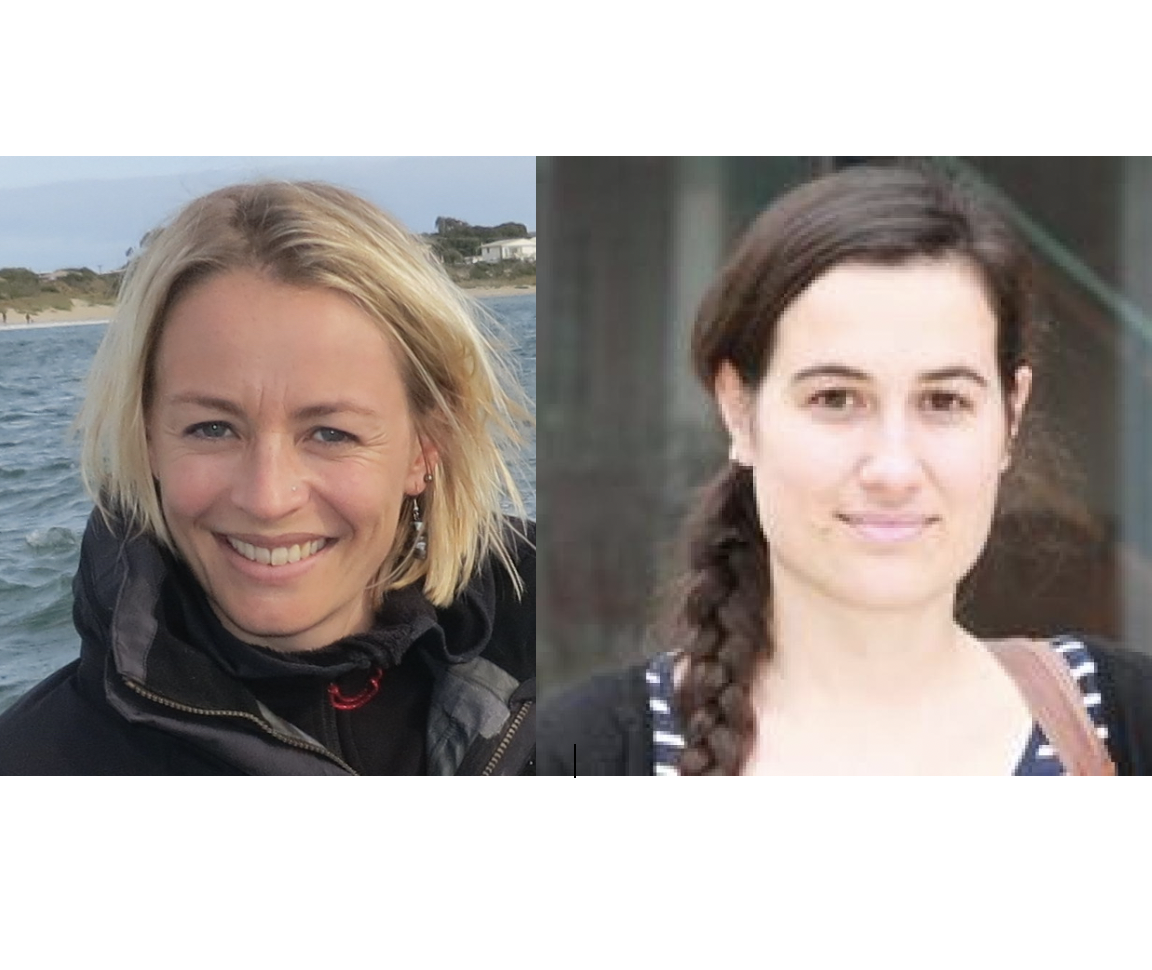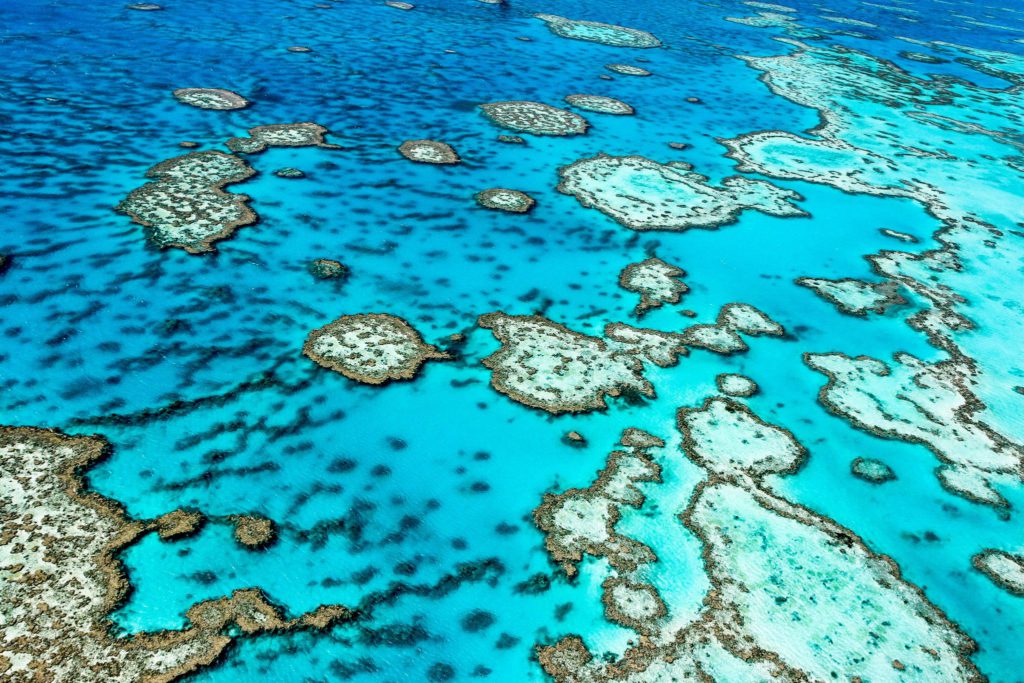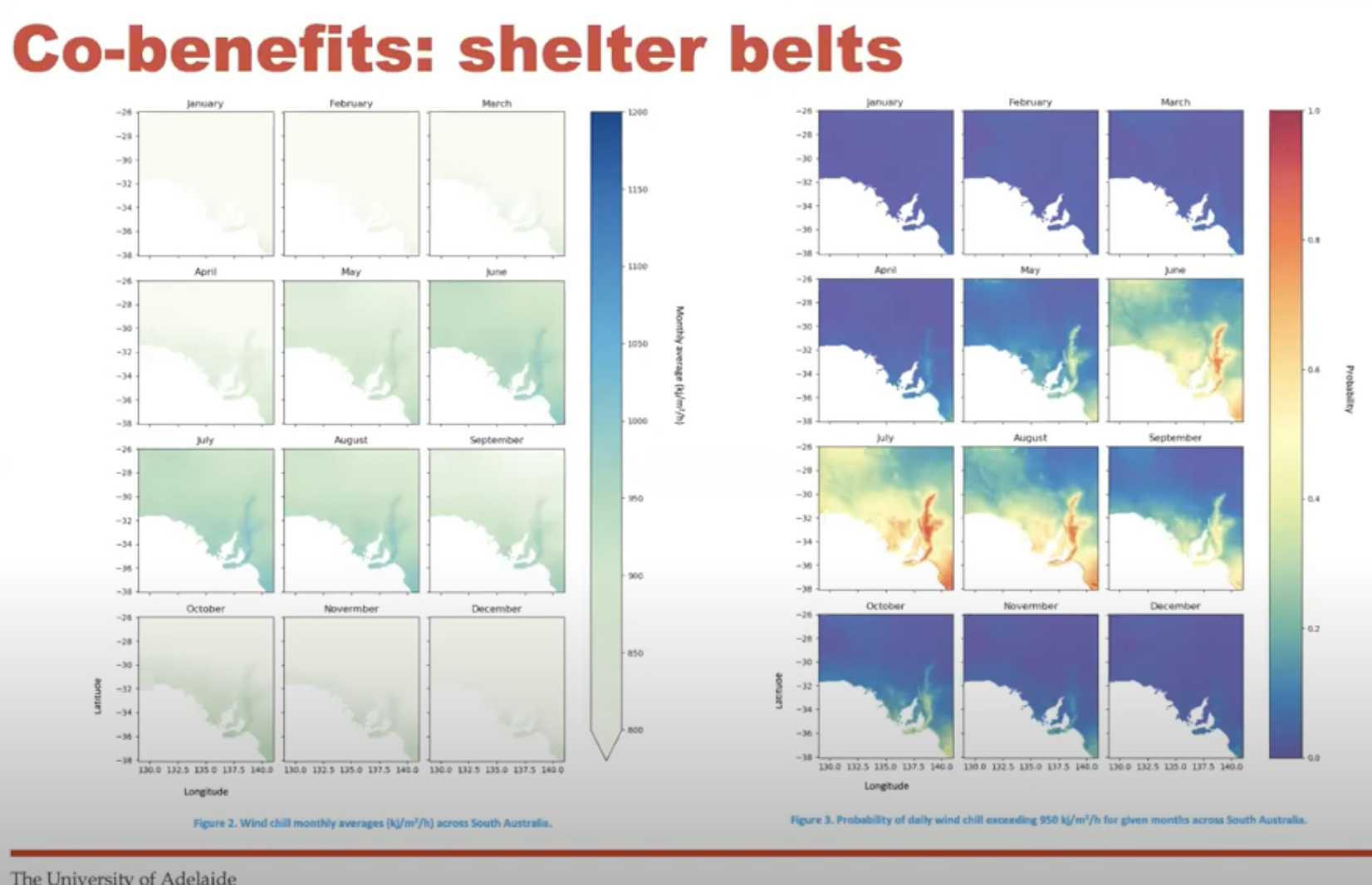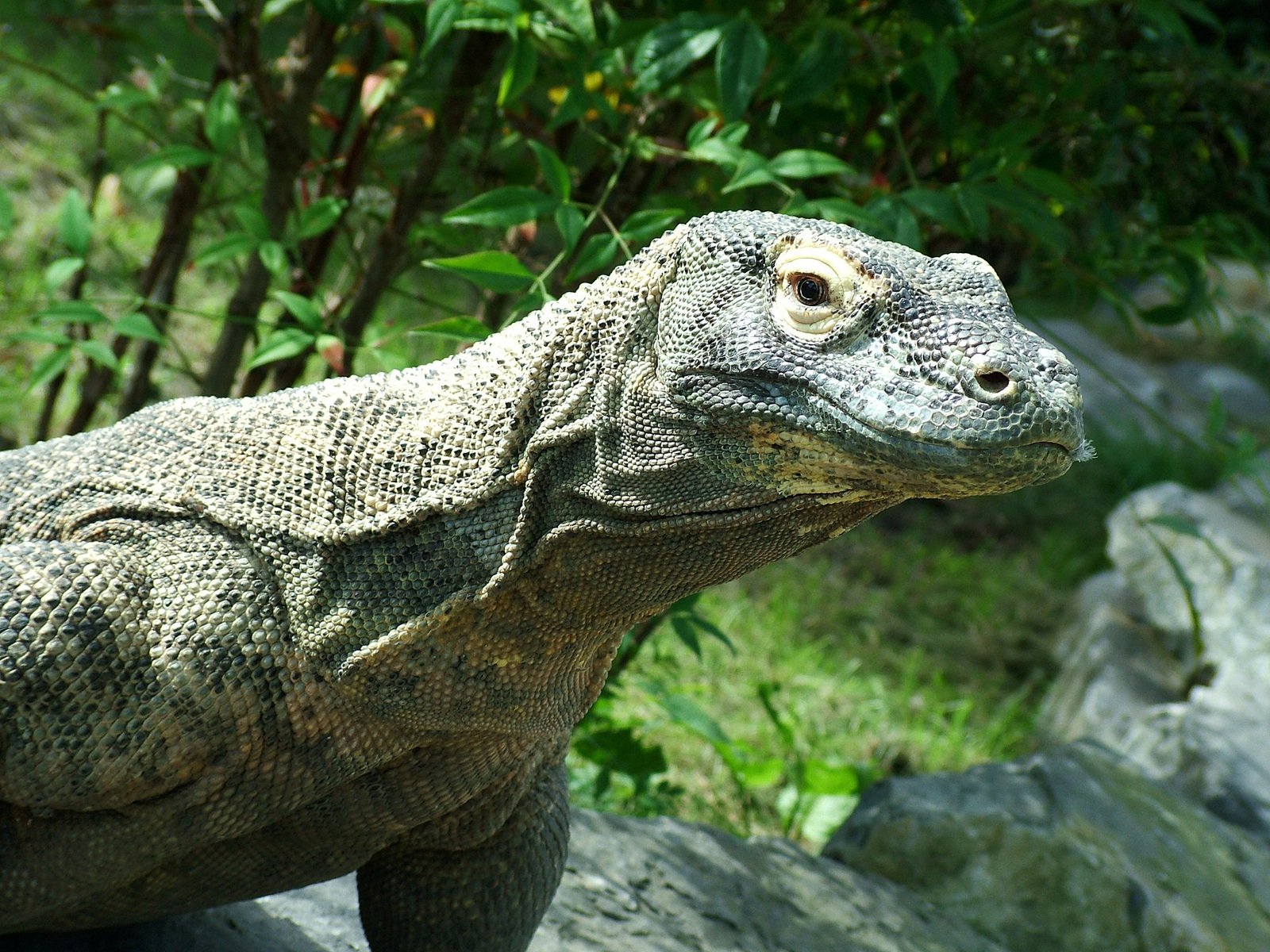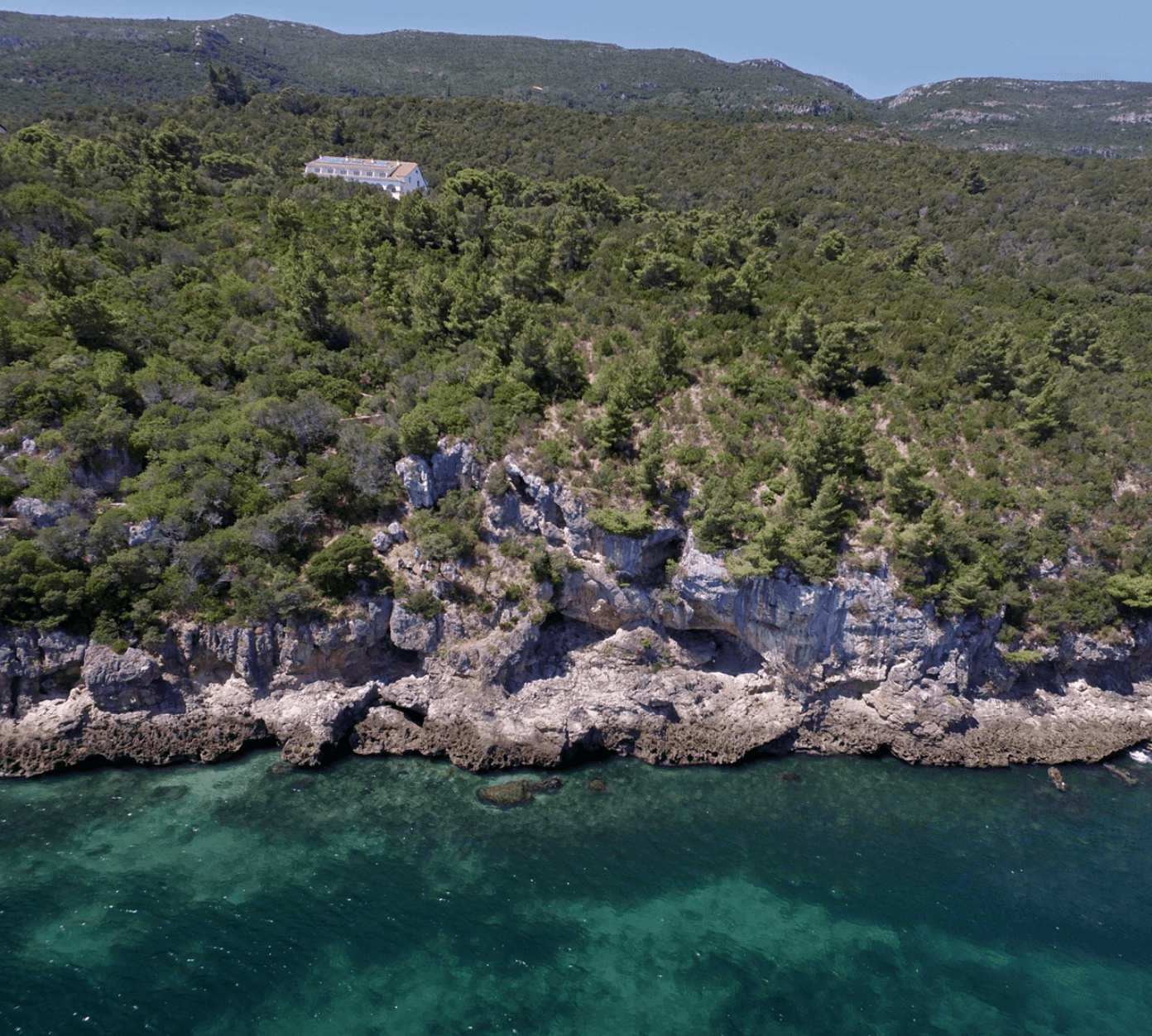We are immensely proud of our researchers’ achievements, receiving two Future Fellowships today.
In the ARC Future Fellowships 2020 round 1, Environment Institute member and ARC DECRA fellow Dr Camille Mellin, of the Fordham Lab has received $739,557.00. Her research will summary includes:
Safeguarding coral reef fisheries for future food security.
This Fellowship aims to address the vulnerability of coral reef fisheries in Australia and the Indo-Pacific by identifying fishery targets that benefit human nutrition and will persist despite declining coral habitats and rising water temperature. This project will advance knowledge on coral and fish responses to increasingly frequent marine heatwaves, using novel methodologies rooted in ecological modelling, experimental marine biology and climate forecasting. Expected outcomes include (i) a comprehensive toolbox for improved management of coral reefs and associated fisheries in Australia and beyond, and (ii) an integrated socio-ecological model for predicting coral reef fishery responses under environmental change.
Coral reefs fisheries support the livelihoods of millions of people worldwide, yet are increasingly threatened by climate-mediated disturbances such as coral bleaching. This project will provide better management tools for future coral reefs and dependent societies by (i) developing new predictive models that integrate climate scenarios, coral reef composition and cover, and fish distribution and abundance, (ii) mapping the vulnerability of coral habitats to future thermal stress, and (iii) identifying fish species that provide more sustainable and nutritious fishery targets in a warming ocean.
Additionally, Environment Institute member and ARC Research Fellow Dr Martina Demuro has received $866,462.00. Her research will summary includes:
Shedding light on Neanderthal histories using luminescence chronologies.
This project aims to develop unprecedented reconstructions of Neanderthal evolution, cultural and extinction histories at previously undatable or understudied European archaeology sites using a versatile luminescence dating toolkit. It will integrate multiple dating methods, palaeoclimate proxies and palaeoecological data to provide comprehensive knowledge of the timing, context and nature of Neanderthal evolution. Expected outcomes include unravelling past human responses to climate change, elucidating regional occupation patterns, emergence of complex behaviours, and causes of Neanderthal demise; with benefits for refining our own species deep-time evolutionary trajectory and global expansion across different regions, including Australia.
Congratulations to Dr Demuro and Dr Mellin on this fantastic achievement.

